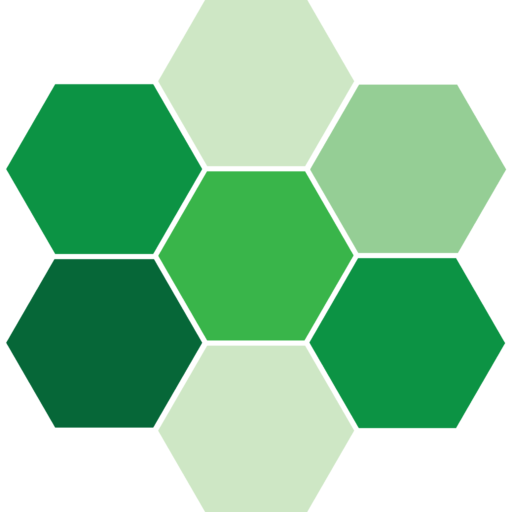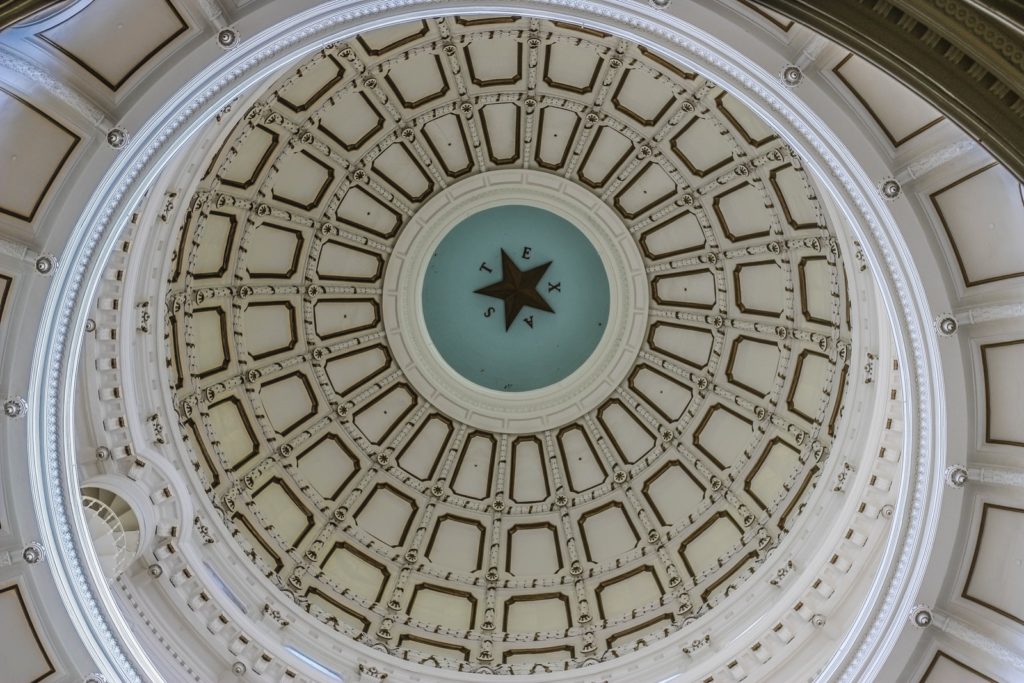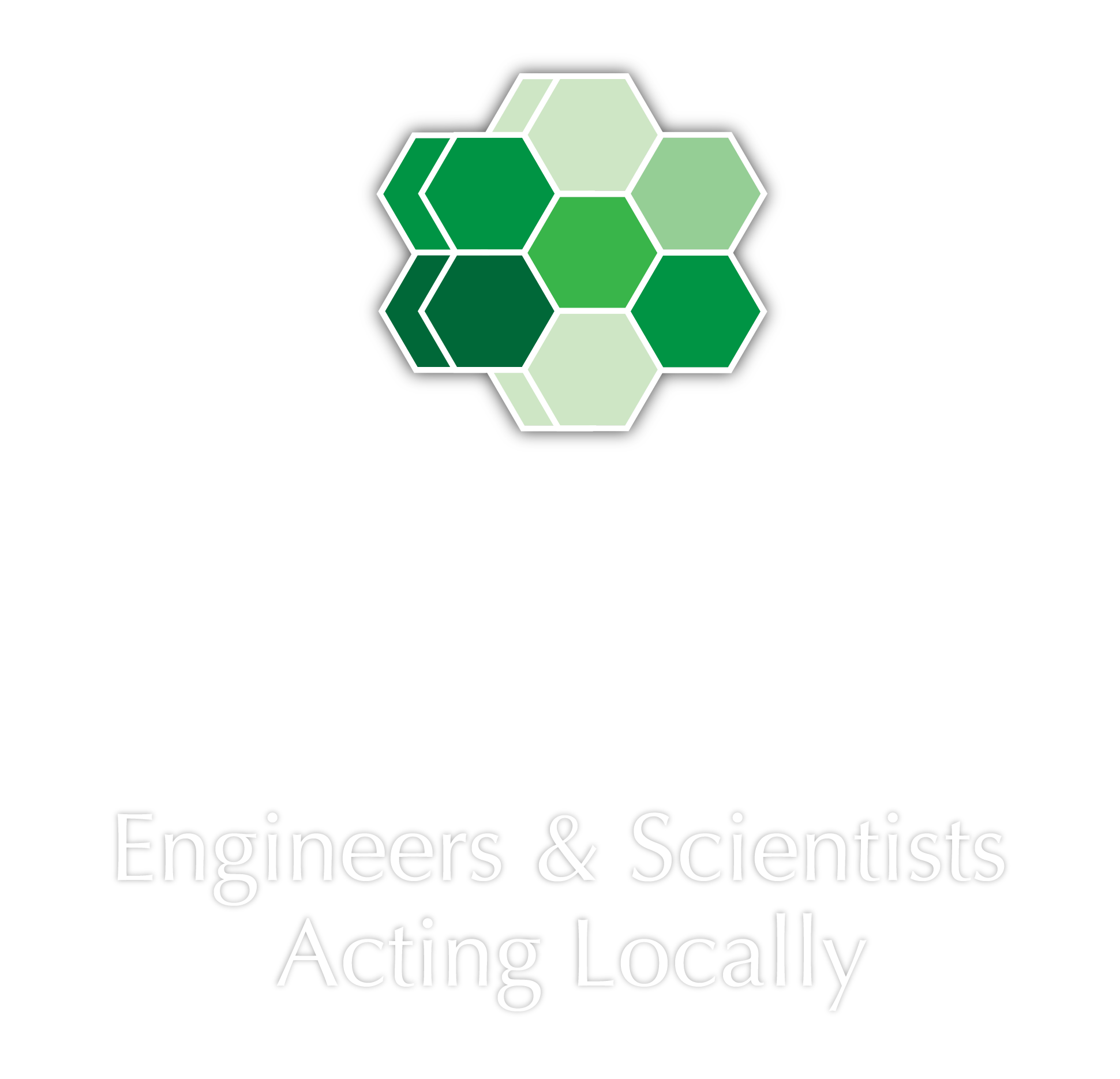State governments are typically comprised of an executive branch having multiple departments and led by an elected governor, a legislative branch that often has two chambers of elected representatives, and a judicial branch. States also often have a number of independent regulatory bodies, such as public utility commissions. When the federal government sets a regulatory standard, for example for emissions, state governments are typically tasked with implementing it through more detailed regulation of industry. Often states will implement their own standards, serving as testbeds for innovative policy ideas.



